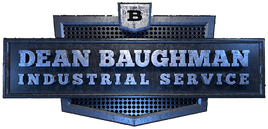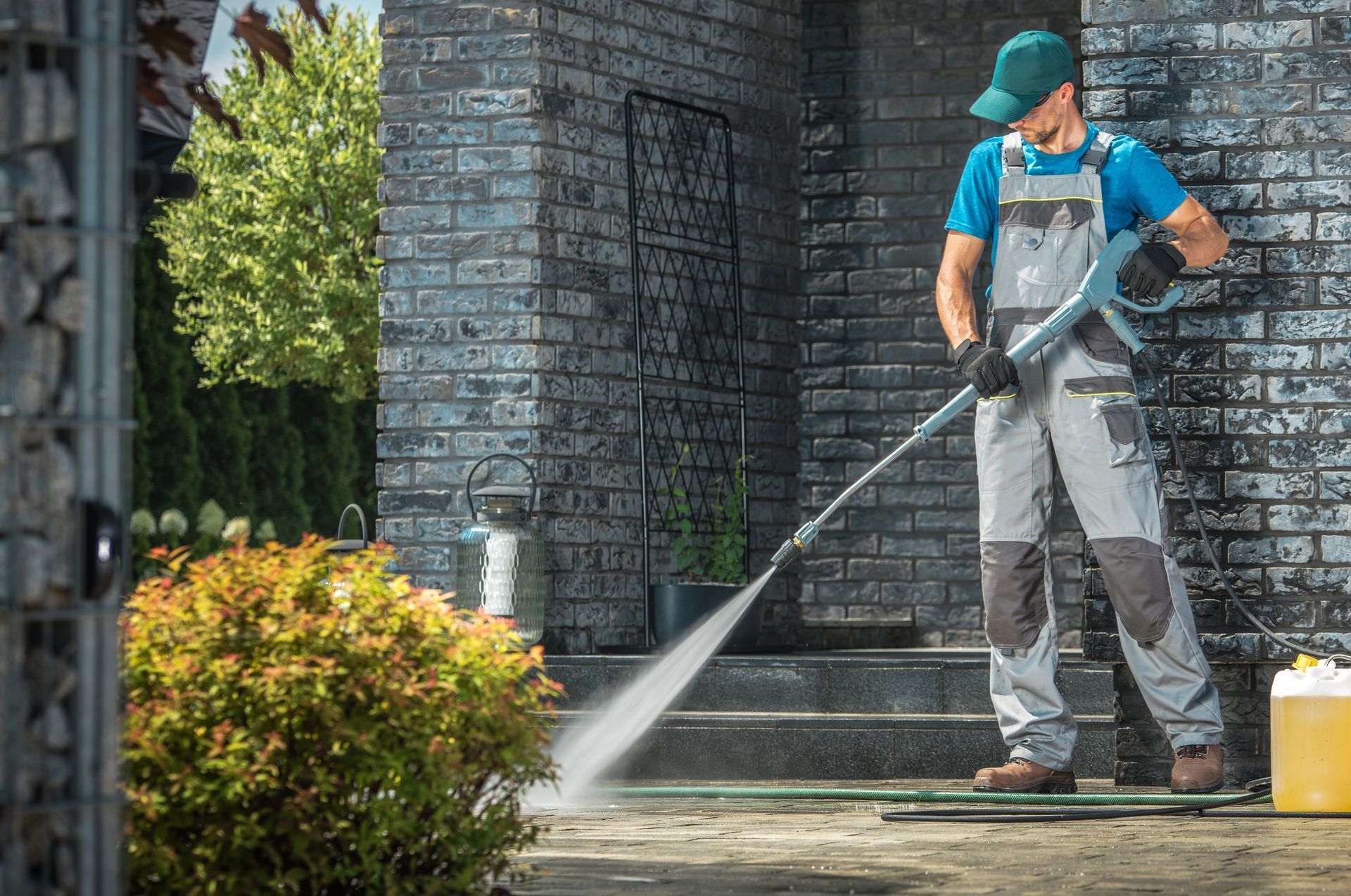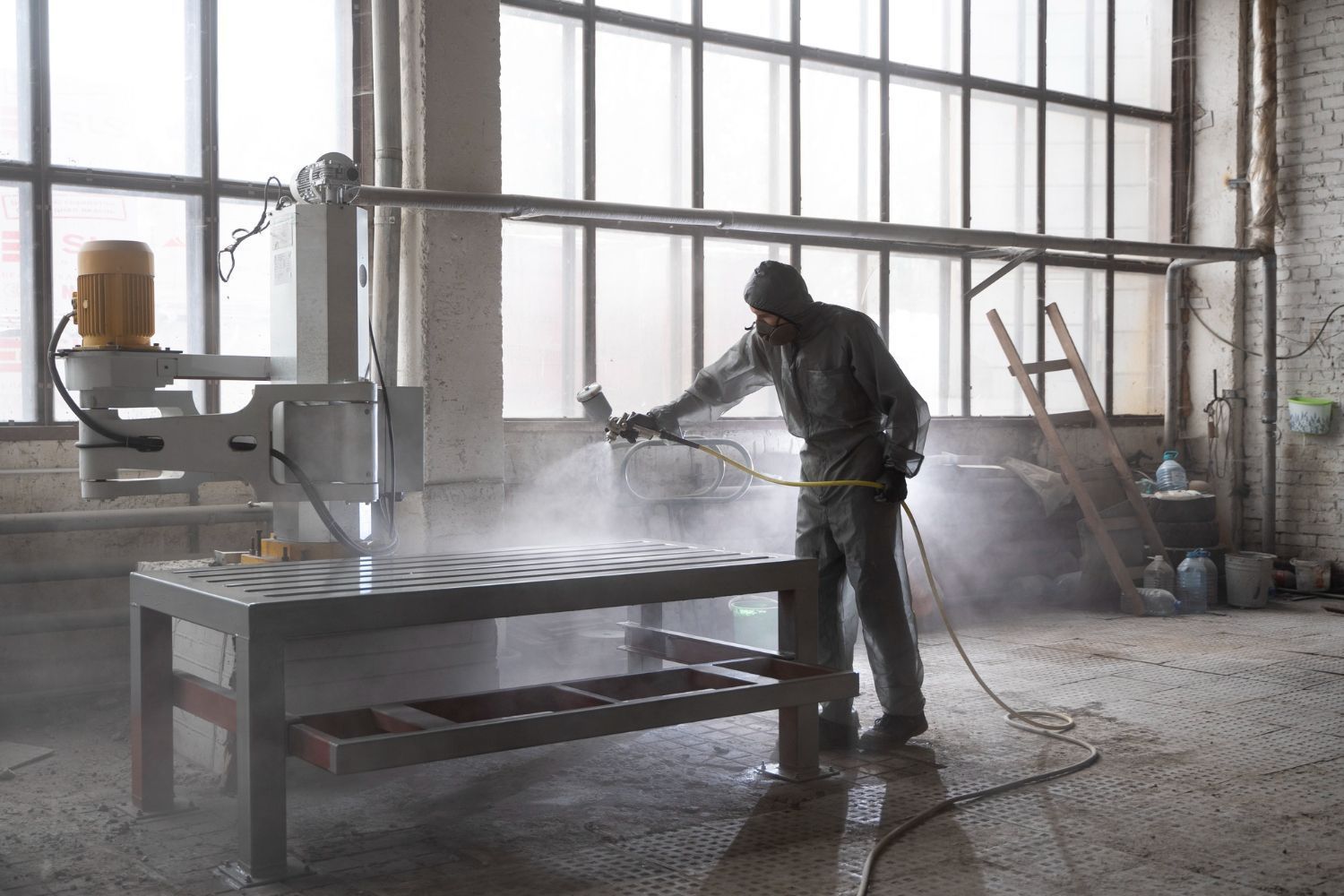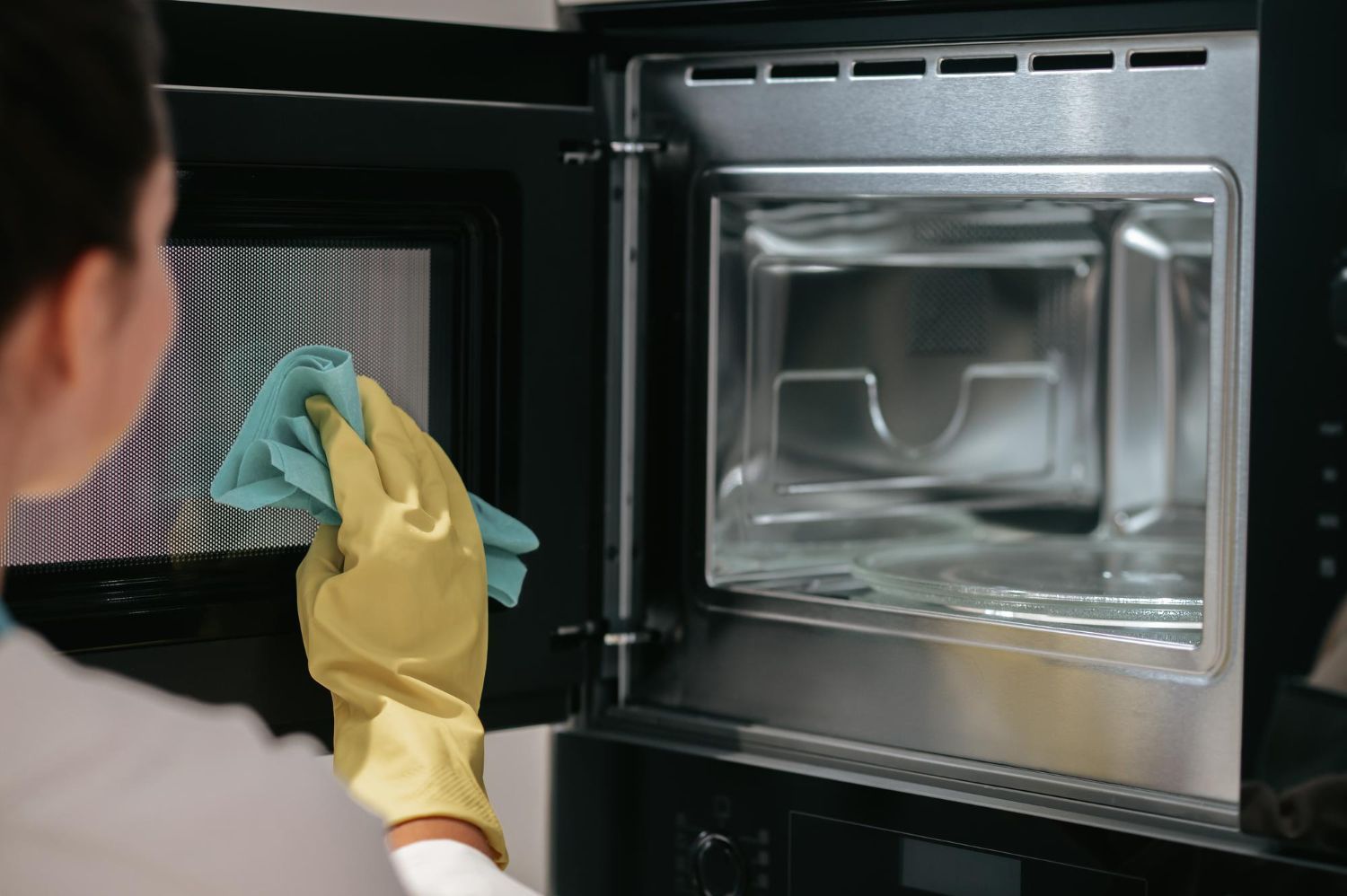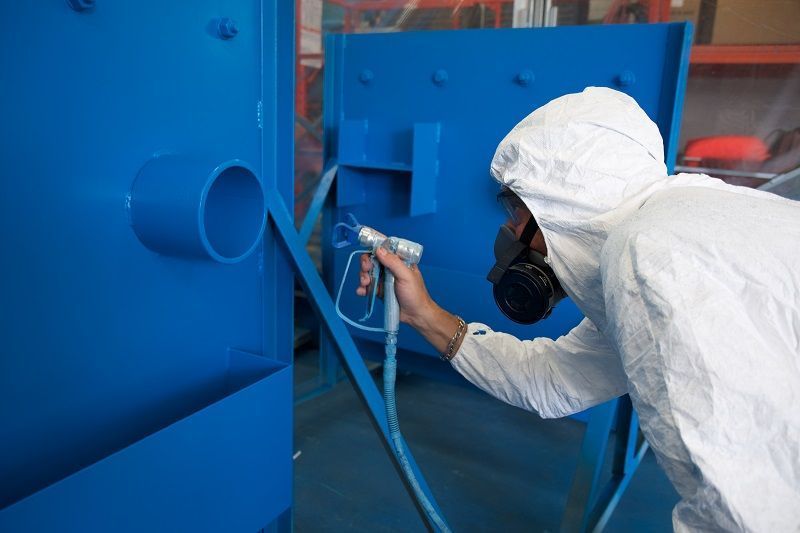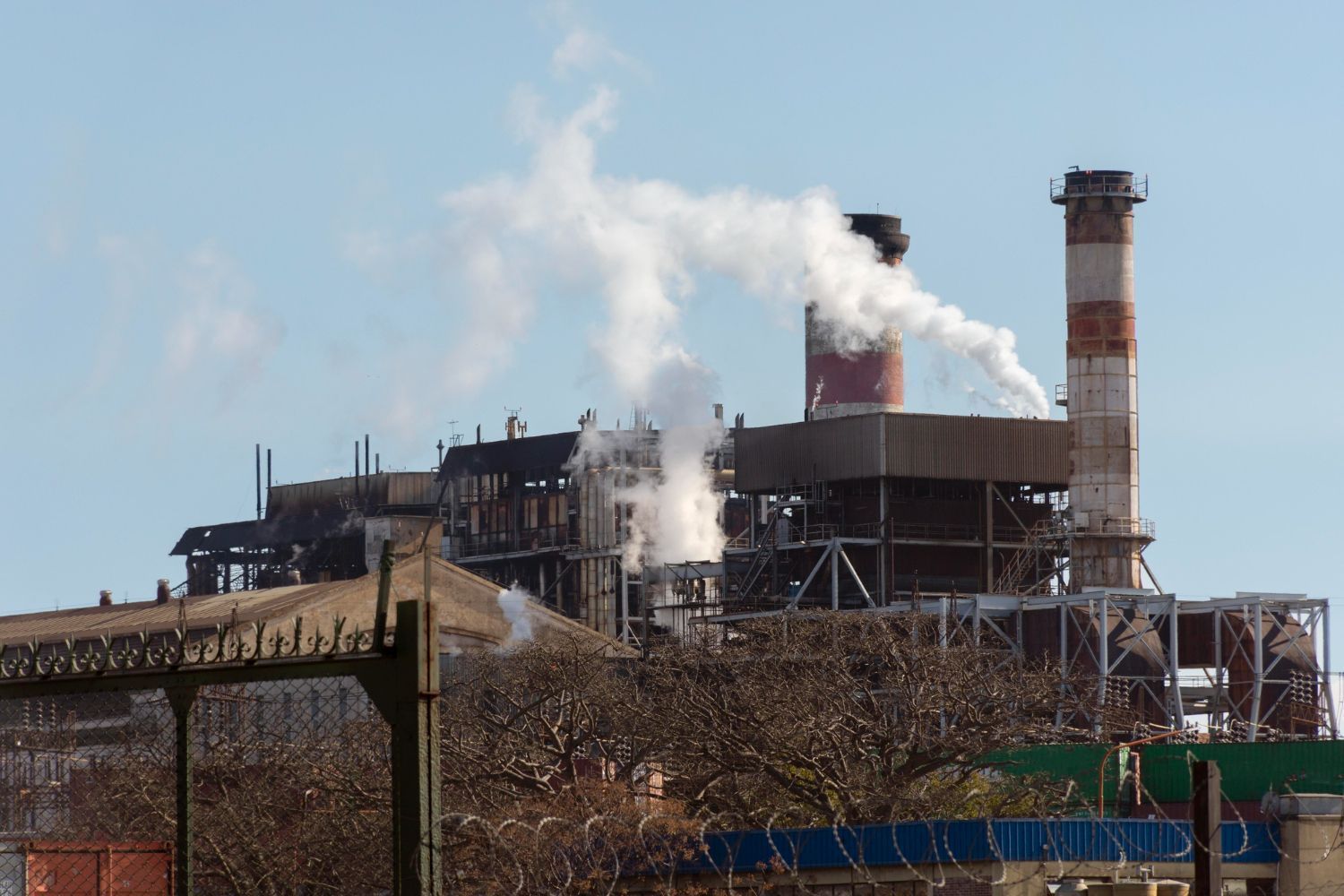USDA Approved Epoxy Flooring: The Ultimate Choice for Safe and Sanitary Environments
When it comes to choosing the right flooring for industries such as food processing, pharmaceuticals, and healthcare, there are several essential factors to consider. These industries have strict regulations and standards to meet in order to ensure the utmost safety and cleanliness for both employees and consumers. That's where USDA approved epoxy flooring comes into the picture.
What is USDA Approved Epoxy Flooring?
USDA approved epoxy flooring refers to an epoxy coating system that meets the stringent requirements set forth by the United States Department of Agriculture (USDA). The USDA has specific regulations and guidelines in place to maintain high standards of sanitation in industries that deal with food processing, handling, and storage.
Why is USDA Approval Important?
USDA approval is crucial for facilities that handle food or pharmaceutical products, as it guarantees that the coating system meets all necessary sanitary requirements. It ensures a high level of cleanliness, making it easier to adhere to strict hygiene protocols and prevent the growth of bacteria or other microorganisms that could contaminate products.
Benefits of USDA Approved Epoxy Flooring
1. Sanitary Compliance: With USDA approved epoxy flooring, you can rest assured that your facility will meet all the necessary sanitary regulations. The flooring is designed to be resistant to chemicals, stains, and microbial growth, making it easy to maintain cleanliness and pass inspections.
2. Durable and Long-lasting: Epoxy flooring is known for its durability and longevity. It can withstand heavy foot traffic, machinery, and equipment without showing signs of wear and tear. Opting for USDA-approved epoxy ensures that you have a flooring solution that can withstand the harsh conditions of an industrial environment.
3. Seamless and Easy to Clean: Unlike traditional flooring options, epoxy flooring is seamless, leaving no room for bacteria to hide and grow. This makes it easy to clean and maintain a sterile environment. Any spills or contaminants can be quickly wiped away without leaving any stain or residue.
4. Chemical Resistance: USDA approved epoxy flooring is highly resistant to various chemicals used in industrial processes. This prevents any chemical damage to the flooring, ensuring its longevity and preventing the release of harmful substances into the environment.
5. Safety: Epoxy flooring is designed with safety in mind. It can be customized with anti-slip additives, which reduce the risk of accidents and injuries caused by slips and falls. Additionally, epoxy coating can improve visibility by reflecting light, enhancing the overall safety of the facility.
Conclusion
When it comes to industries where sanitation and safety are of paramount importance, USDA approved epoxy flooring is the ultimate choice. Its compliance with USDA regulations ensures a clean and sanitary environment, free from harmful bacteria and contaminants. With its durability, ease of maintenance, and chemical resistance, it is an investment that pays off in the long run.
If you are in the food processing, pharmaceutical, or healthcare industry, it's imperative to choose a flooring solution that meets the necessary standards. USDA approved epoxy flooring not only meets these standards but also offers a range of benefits that enhance the overall functionality and safety of your facility.
Hire Professionals for installations
While DIY may seem tempting for some projects, USDA epoxy flooring installation is best left to the professionals. Their expertise, proper equipment, and knowledge of regulations ensure a successful and durable flooring solution. So, be sure to hire professionals for your USDA epoxy flooring installations to enjoy a long-lasting, safe, and aesthetically pleasing flooring option for your commercial or industrial space.
Service Areas
Contact us and find out if we have a team in your area!
Address: Fort Wayne, IN 46825, United States of America Phone: (260) 615-0229
Dean Baughman Industrial Maintenance Services
